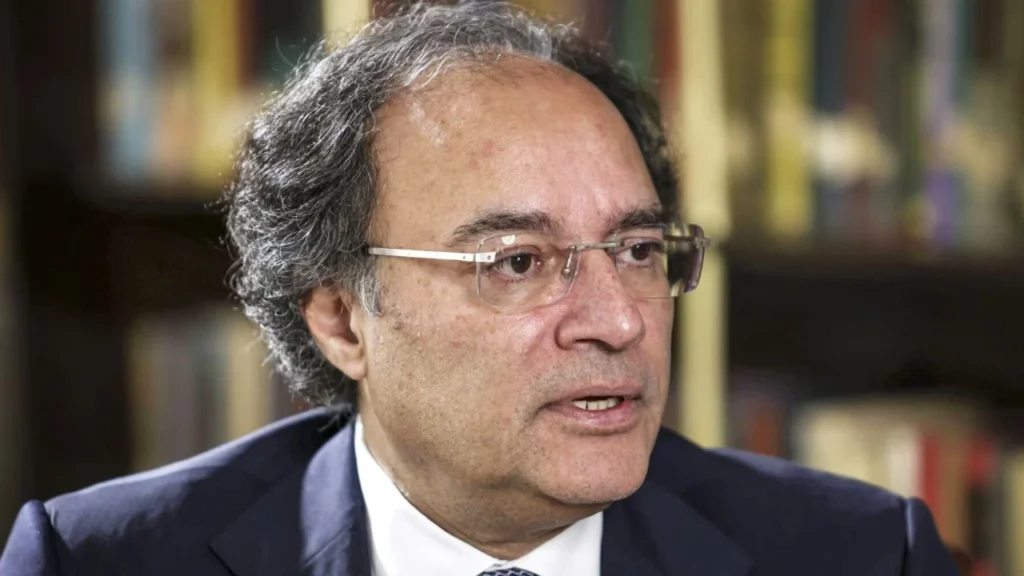- Web
- Feb 05, 2026
Aurangzeb links end of IMF dependence to bold tax, structural reforms
-

- Web Desk
- May 01, 2025

ISLAMABAD: Pakistan could be entering its final programme with the International Monetary Fund — but only if long-delayed structural reforms are finally put in place, Finance Minister Muhammad Aurangzeb said on Wednesday.
Speaking at a pre-budget seminar in Islamabad, Aurangzeb underscored the government’s shift towards limiting its direct role in business and placing more responsibility on the private sector to drive economic growth.
“This country needs to be run by the private sector,” the minister said, adding that the government’s job is to provide policy support and ensure a fair and efficient tax regime.
He said Pakistan’s tax system needs urgent reform and warned that exemptions must be phased out. “Every income-generating and exporting sector, including manufacturing, must be brought into the tax net,” he said.
The government is working to digitise tax collection, reduce human involvement, and tackle corruption in the Federal Board of Revenue (FBR). “We want to eliminate harassment and rent-seeking by tax officials,” he said.
Aurangzeb noted that many in the business community were willing to pay more taxes, but distrust towards the tax authority remains a barrier. He said the government is trying to address these concerns through automation and simplification.
A major initiative underway is the redesign of the tax return form. According to the finance minister, the new form will be streamlined to around 10 fields and feature autofill options to reduce reliance on tax consultants.
He also acknowledged that Pakistan’s narrow tax base — with just 3 to 4 million active taxpayers — is unsustainable for a country of over 240 million people.
To broaden consultation, the finance ministry had invited tax proposals from businesses as early as January. Several associations have already submitted suggestions, and independent analysts have been engaged to offer neutral advice, the minister said.
With Pakistan still operating under an IMF programme, Aurangzeb admitted the upcoming federal budget will be constrained by the lender’s requirements. However, he assured stakeholders that their input would be considered and not discarded.
In a key structural change, the cabinet has approved separating the Tax Policy Office from the FBR. The office will now report directly to the Finance Division and handle all tax-related policy matters, while the FBR will focus solely on collection.
“This will be the last year FBR is involved in tax policymaking,” he said, calling the move essential for long-term planning.
Aurangzeb criticised the government’s year-to-year budget planning, saying it stands in contrast to private sector practices, where companies often plan five to 15 years ahead.
“If we are serious about fiscal stability and sustainable growth, this short-term mindset must change,” he said.
Read next: SBP to hold policy meeting on May 5 amid rate cut expectations




